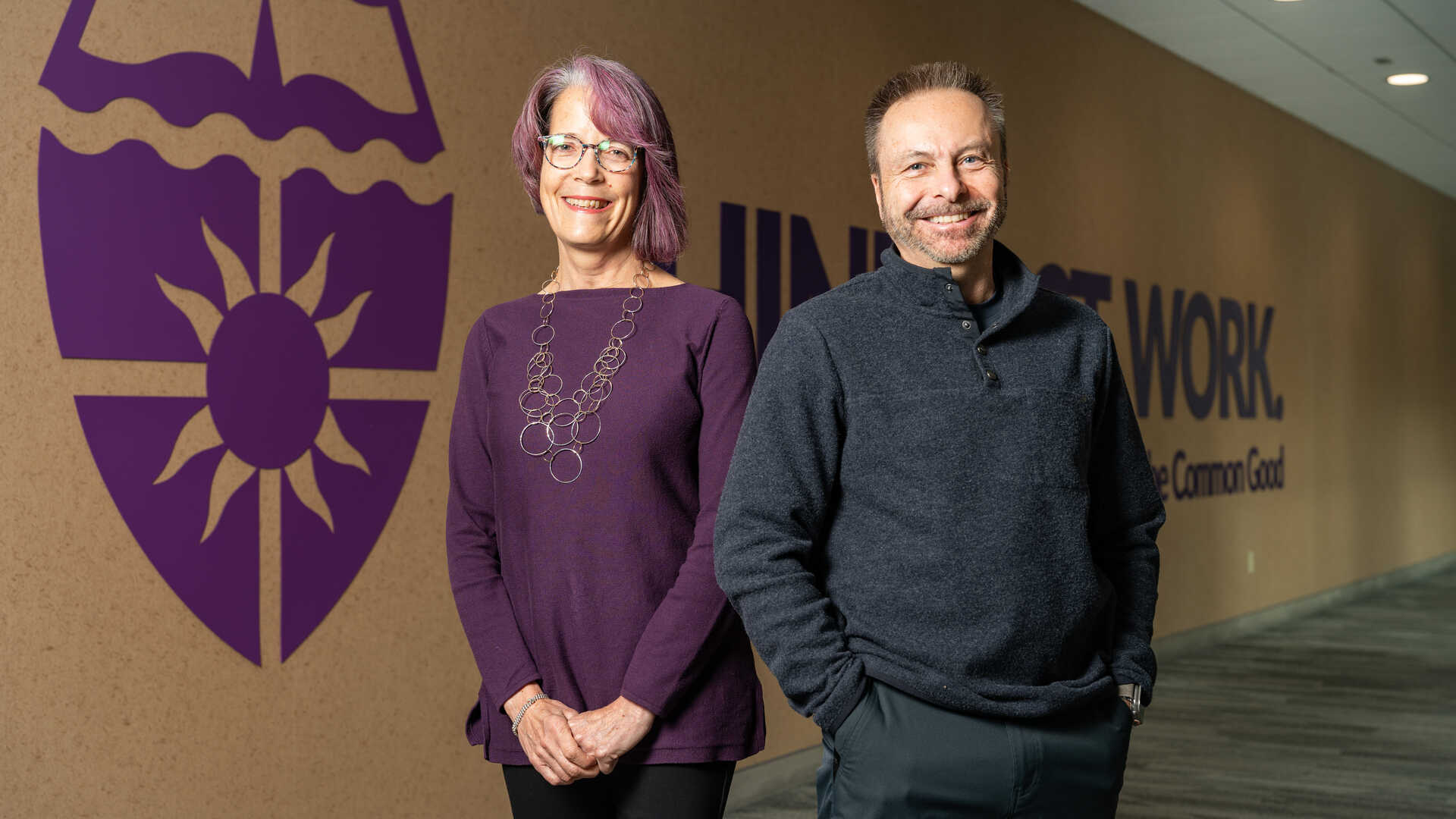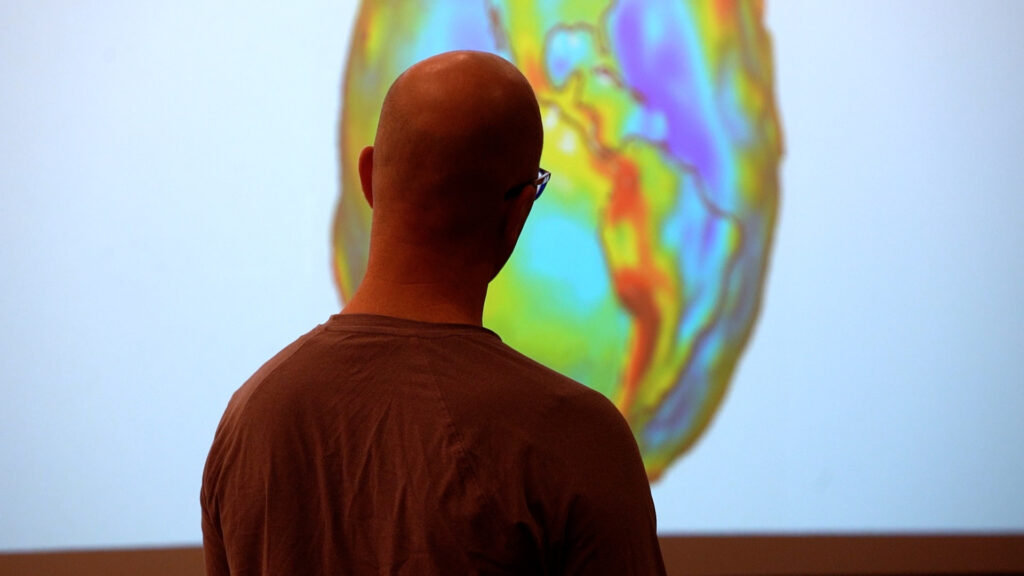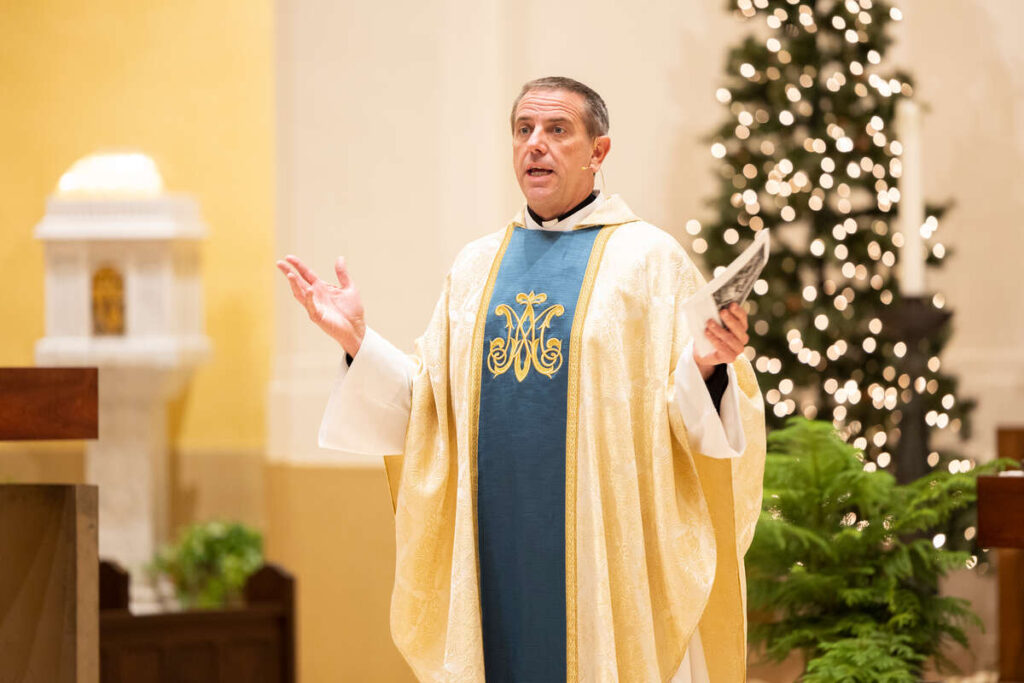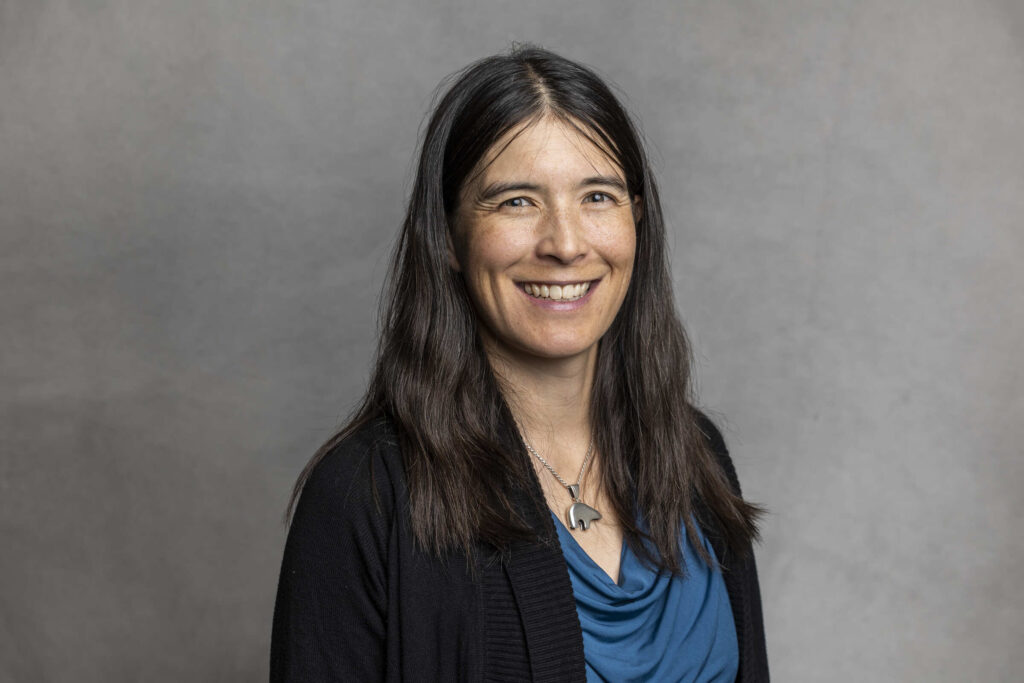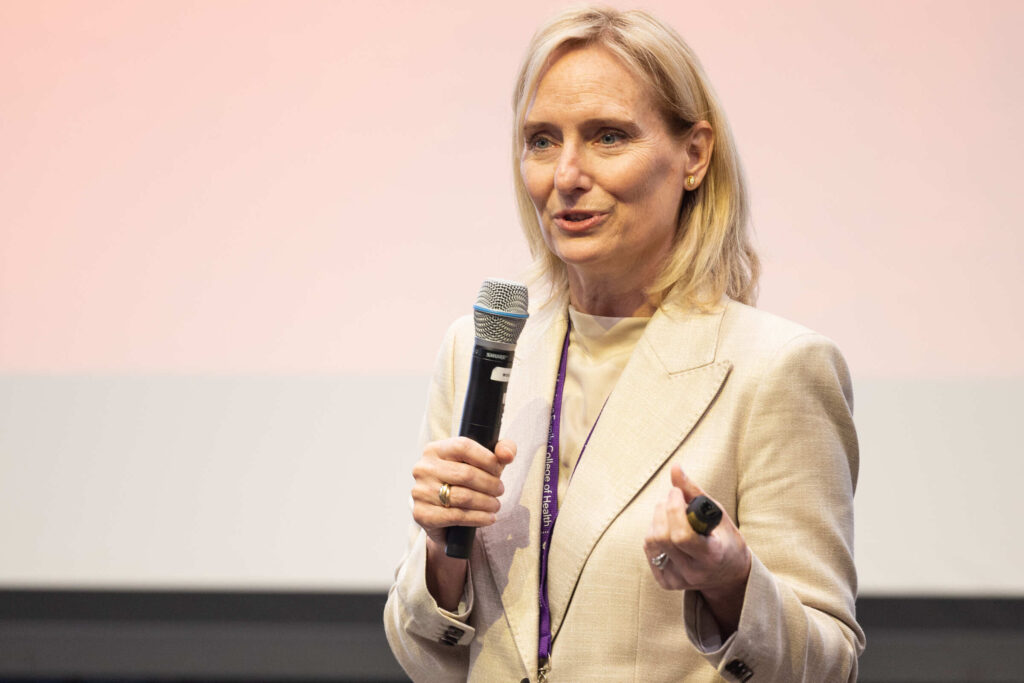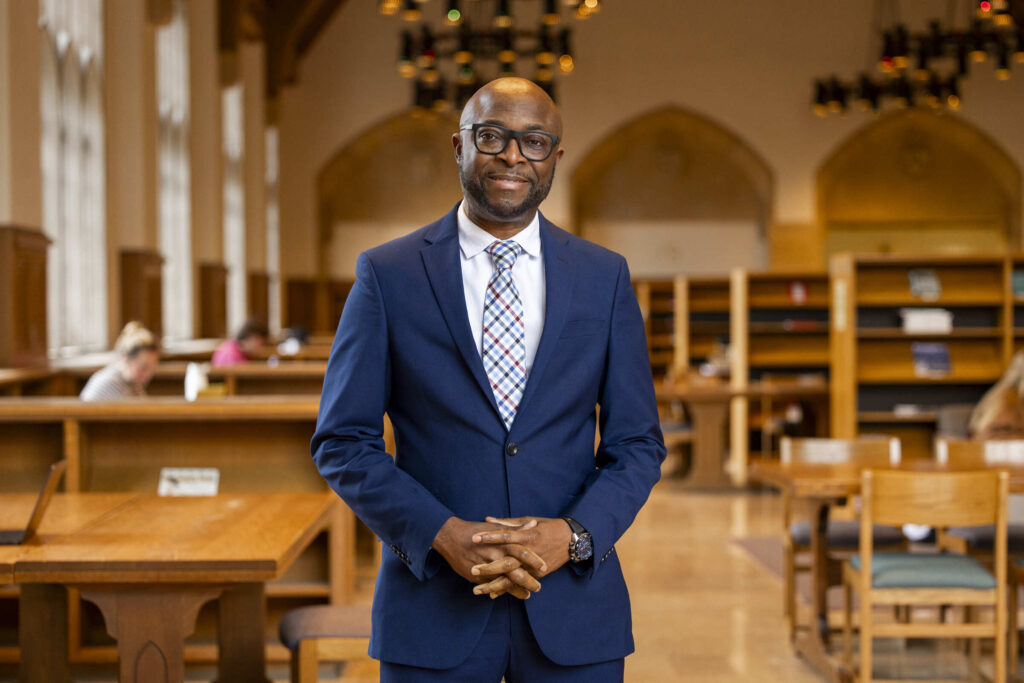As child and adolescent mental health issues continue to rise, the School of Education at the University of St. Thomas is committed to preparing educators with the skills and knowledge needed to support their students' well-being through the new Mental Health and Well-Being for Educators certificate.
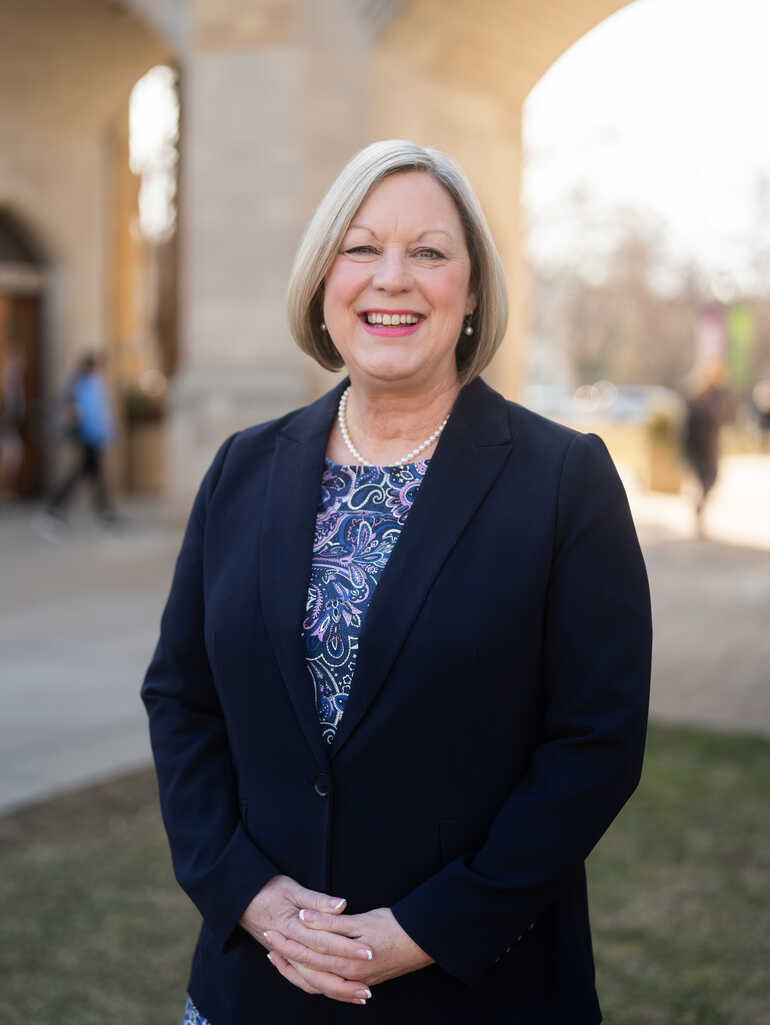
“I am proud that the School of Education has developed this certificate program to empower educators and youth workers with innovative, interdisciplinary tools to support well-being in schools and communities,” said Dr. Amy Smith, dean of the School of Education. “The need to support educators and those working with young people is more urgent than ever.”
Lucy Payne, associate professor in the Department of Teacher Education, designed the certificate, a 12-credit graduate program for teachers, school-based personnel, administrators and youth workers to increase their sensitivity to potential signs of poor mental health in students.
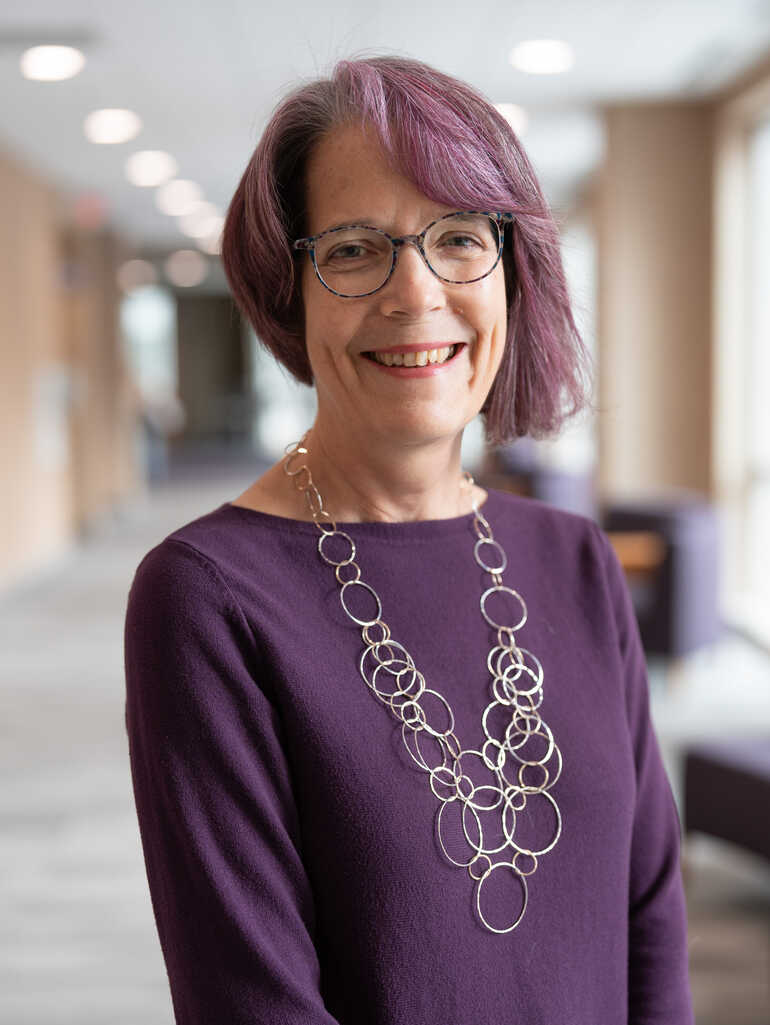
“We have a mental health crisis in youth in our country right now,” she said. “But we have a shortage of mental health workers, and even when we’re fully staffed in the mental health space, students who are struggling with mental health are in classrooms with teachers, and teachers are not trained to address their needs within the classroom.”
Payne built the program with Dr. Christopher Vye, associate professor and chair of the Graduate School of Professional Psychology in the Morrison Family College of Health. The collaboration between the schools makes this program unique as it combines education with psychology.
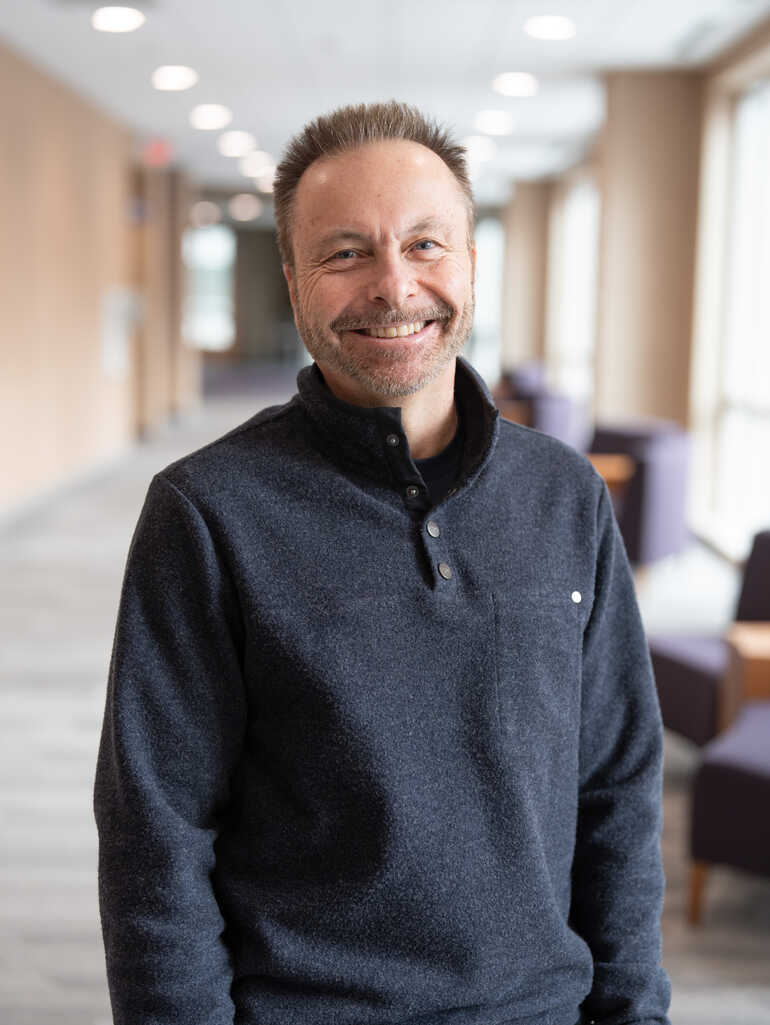
"We’re equipping teachers with knowledge about mental health,” Vye explained. “We’re helping teachers understand the experiences their students bring to the classroom, including a diversity of knowledge, skill, and life experiences that may often include significant adversity or trauma.”
The certificate will help participants to better recognize indicators of mental health challenges. Designed to be completed in 15 months, new students enroll and take in-person classes at the University of St. Thomas Minneapolis campus during the summer.
The curriculum covers the importance of mental health and wellness for educators, healthy learning environments and an understanding of how mental health in schools is shaped by various cultural and contextual factors. The certificate equips teachers, administrators and other school-based staff to create student-centered learning experiences that foster safe, positive, and engaging environments, promoting both academic success and mental well-being.
While developing the certificate program, Payne and Vye created an advisory board of psychologists, teachers and youth workers to include various perspectives in blending the disciplines of teacher education and psychology together.
Amy Jones, an advisory board member who works in education consulting, sees firsthand the need for the Mental Health and Well-Being for Educators certificate.
“Educators are leaving the profession at a high rate, often due to their lack of training in regard to mental health and its impact on learning,” she explained. “This program will provide crucial information and behavioral and instructional strategies for educators so that they can better support their students’ mental health and in turn, academic success.”
Payne, Vye and their team of advisory board members want to bring more awareness to the need for the certificate beyond the St. Thomas community. They have traveled across Minnesota to meet with education associations to discuss the program, receiving positive responses from school board members, principals and superintendents recognizing the need for the certificate for educators.
They hope to launch the program in the summer of 2025, with the goal of attracting a diverse group of professionals who work with youth.
“We feel it's broad enough and beneficial for other youth workers or educators outside of schools who see youth on a regular basis,” Payne said. “There are a lot of people working with youth outside of that school time, through community-based organizations who would also benefit from all that we can offer through this program.”
“One of the features of the program is that it’s less focused on students’ deficits and more focused on building strengths,” Vye added. “Part of it is also teachers’ self-reflection, being able to help teachers look inward and reflect on some of the ways they react in the classroom and support teachers’ mental health and resilience.”
Funding for the Mental Health and Well-Being for Educators Certificate is made possible by the support of the Minnesota Institute for Trauma-Informed Education (MITIE) that involves a collaboration between the Morrison College of Health, and the School of Education.
